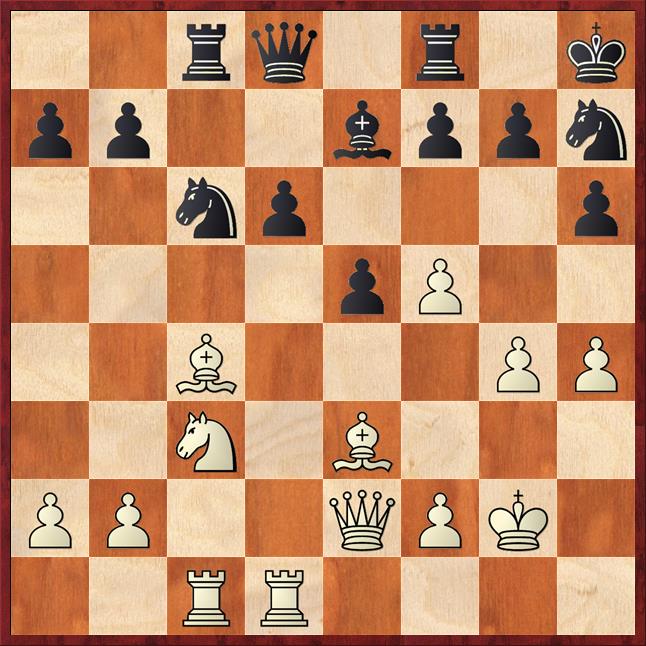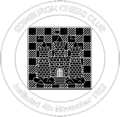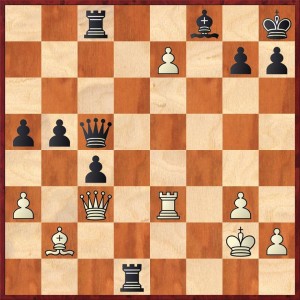For the second time in three years, we sent a team to play in the European Club Cup. This years’ event was held in the splendid Rodos Palace Hotel in Rhodes, from October 19-27. We qualified as Richardson winners, and were joined by runners up Edinburgh West. We had an average rating of 2136, making us 43rd seeds out of the 53 Teams in the Open section. Here are my highlights:
Winning! We won 3 matches 3.5-2.5, which meant we finished in 33rd place. This was double our points total from last time (although we had a kinder draw this time around). Edinburgh West player John Watkins remarked that winning a game in the ECC was similar to winning a game in the Edinburgh Premier League. He meant it as a compliment…I guess we don’t have to face the mighty Edinburgh 1 so don’t have the same perspective!
Rubbing shoulders with the stars. It was nice having all the games in the one hall, and almost all of the Teams staying in the same Hotel. During meal times you would always see a number of galacticos. This extended to the local bars, where various groups of chess players gathered to watch the Champions League football matches or just unwind. Ukrainian GM Anton Korobov had the unfortunate experience of witnessing one of our worst pieces of analysis.
The Morra Gambit! Well, not really, but it provided us with our first individual win, the following fine attacking effort from David Oswald:

19.g5! hxg5? [Too compliant.]
[19…Nd4 was better. The position is messy – White has a strong attack but Black has counterplay.]
20.hxg5 Bxg5 21.Rh1 [White’s attack flows naturally.]
21…Bxe3 22.Qxe3 Nd4! [The best try. Black combines an attack on the ?c4 with defensive resources such as …Nxf5–h6 or …Qg5+–h6 in some variations.]
23.Bd3! [The most impressive move of the game. White takes a time out to move his attacked Bishop, while preventing …Nxf5 and creating a new threat of f6. A very hard move to find when ‘mid combination’.]
[Neither 23.Qh3 Qg5+; nor 23.Ne4 Nxf5 work for White.]
23…e4 24.Bxe4 d5 25.Rh5 [25.Rxh7+ mates immediately, but the move played is plenty good enough to win.]
25…dxe4 26.Rch1 Kg8 27.Rxh7 f6 28.Rh8+ Kf7 29.Rxf8+ winning either the Queen or the Knight on d4. Black resigned. 1–0
Match Results:
Rd1: Reichenstein SSB (SUI) 4.5-1.5 Edinburgh
Rd2: Edinburgh 3.5-2.5 SV Voerendaal / KNSB (NED)
Rd3: Edinburgh 1.5-4.5 SK 47 Eynatten (BEL)
Rd4: Eppingen (GER) 2.5-3.5 Edinburgh
Rd5: White Rose (ENG) 3.5-2.5 Edinburgh
Rd6: Edinburgh 3.5-2.5 Adare (IRL)
Rd7: ASI Bologna (ITA) 4-2 Edinburgh
Individual scores:
1. Clement Sreeves 2.5/7
2. Calum MacQueen 3.5/7
3. Neil Berry 3.5/7
4. David Oswald 4/7
5. Alastair White 1/7
6. Chris Sykes 3.5/7

